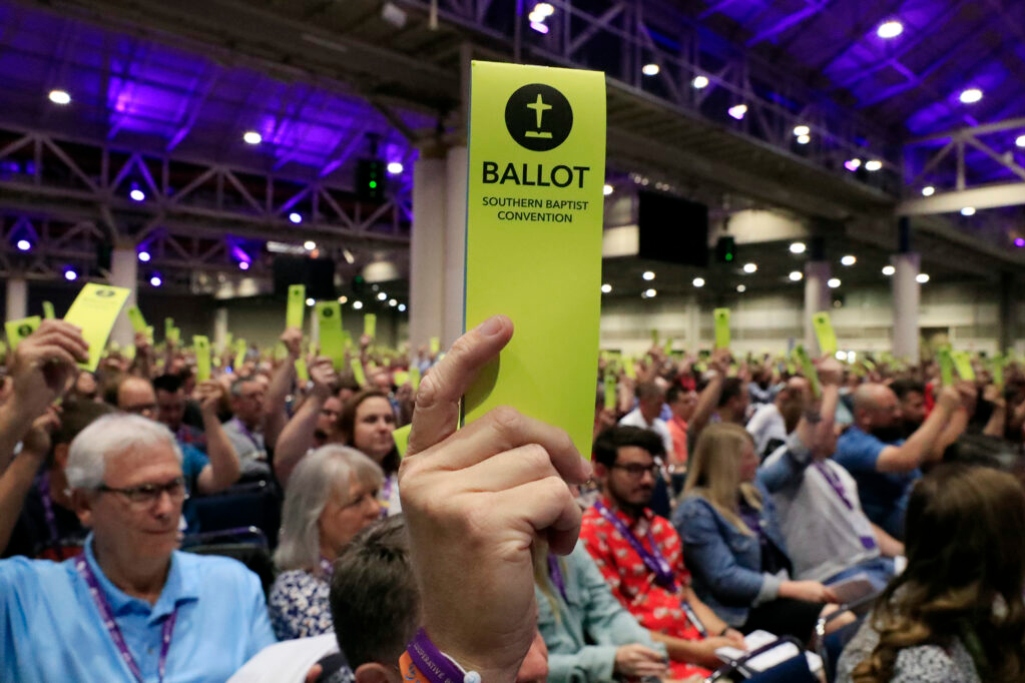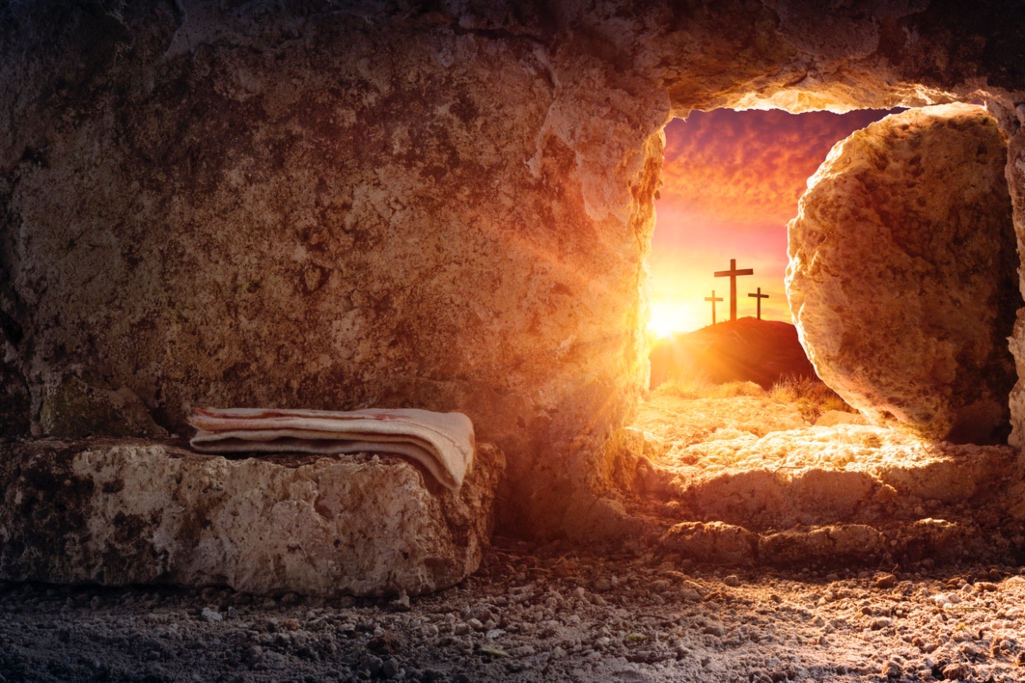Each year, on Oct. 31, children (dressed as ghoulies and ghosties and even the occasional long-leggedy beastie) tramp from house to house pestering homeowners by ringing doorbells and expecting a handout that will rot their teeth. More seriously though, the holiday itself just doesn’t seem entirely wholesome to many – what with its occult themes and so forth. Wouldn’t it be better, some Christians ask themselves, if Halloween would just go away?
For those who perhaps sympathize with that feeling, I encourage you to look at Halloween a bit differently this year.
Yes, Halloween does indeed have a pagan background, developing out of Celtic festivals such as Samhain in the British Isles in which the spirits of the dead figured prominently. But while Oct. 31 may have a rather dubious lineage, like other formerly pagan holidays, this day has undergone a process of Christianization. As the gospel moved into the British Isles, the ancient church recognized both the danger and the opportunity that Samhain presented. As such, early Christians took the day and reinterpreted it, instituting the feast of All Saints on Nov. 1: a day on which believers looked back to all the heroes of the faith whom had left a good example for us to follow. All Saints, sometimes called “All Hallows” (as in “hallowed” ground, meaning “holy”) was preceded by a vigil of prayer which began on the evening before All Hallows – All Hallows Eve (as in “Christmas Eve”), the day from which we get our Halloween.
Of course, Halloween has lost much of its distinctly Christian significance. The day is now far more about eating Pop Rocks than saluting Paul, and gobbling Almond Joys than remembering Augustine. But so what? If ancient Christians could turn Oct. 31 to Christian purposes, surely we can do the same in our own time.
Consider that evangelism normally involves taking the initiative: It rests with the Christian to shake off his inertia and actually go up to someone, somewhere, and tell them about the Lord. But not on Halloween. On Halloween dozens, sometimes hundreds, of children and their parents will come to your door. They’ll extend their costumed arms and present you with a basket or bag and wait patiently until you place something inside. Now, of course, they’ll be hoping for candy, but nothing prevents us from giving them a little something extra too: the gospel.
Each year volunteers at my church, First Baptist Church of Granada Hills in California, do just that. We set up a table on the church’s property adjacent to the sidewalk outfitted with two big bowls. One bowl is filled with candy; the other bowl is filled with children’s gospel tracts. And every child that passes by receives something from each bowl. Many of these children don’t attend church. Some of them have never even heard of Jesus. But because they came our way on Halloween, each of them will have a chance to learn the story of salvation in terms that they can understand.
It’s simple, it’s non-threatening, it builds rapport with the community, and most importantly it brings the Gospel to those who need to hear it. LifeWay offers a number of tracts that can be used, even one or two that are specifically themed for Halloween. Let’s not let this opportunity pass us by; let’s not waste another Halloween that could be dedicated to the glory of God.
Halloween can be an excellent example of what Jesus taught in Luke 11. After parrying criticism that He was merely casting out demons by the authority of the prince of demons, Jesus said, “When a strong man, fully armed, guards his own house, his possessions are safe. But when someone stronger attacks and overpowers him, he takes away the armor in which the man trusted and divides up the spoils” (Luke 11:21-22) In this parable Satan is the strong man, the “god of this world” (2 Corinthians 4:4) guarding his own territory, who is overpowered by the Spirit of the Lord, the “someone stronger” (1 John 4:4). What’s so remarkable about this parable is that Christ tells us that not only are the strong man’s possessions taken from him (presumably lost souls), but that he’s stripped of even the armor he trusted in, even those things which he had hoped would allow him to retain control over his domain.
Now Christians have seen the power of God accomplish precisely this impressive feat over and over again, taking the very institutions that perpetuated the spiritual darkness of the world and redeeming them to aid in its salvation. The pagan festivals of Yule and Saturnalia with their feasting and evergreen trees were transformed into Christmas, and the springtime worship of the pagan goddess Eostre with its colored eggs and so on was transformed into Easter.
With all this in mind, let’s offer up a somewhat different prayer this year as we look out on streets filled with trick-or-treaters: From apathy for the spiritual well-being of youthful ghoulies and ghosties and long-leggedy beasties, good Lord deliver us.


